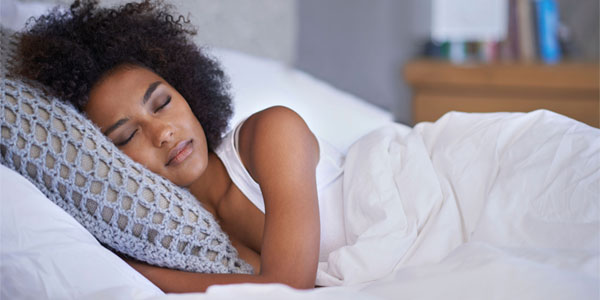You probably know you need seven to eight hours of sleep to function properly, but adequate sleep can be hard to come by if you are stressed or don’t have a routine sleep schedule. More than a quarter of American adults report occasional trouble getting enough sleep, according to the Centers for Disease Control and Prevention. And nearly 10 percent of those experience chronic insomnia, a medical condition that keeps you from falling asleep and staying asleep.
While most people experience insomnia at some point in their lives, ongoing sleeplessness can lead to a higher risk for chronic illnesses such as heart disease and stroke. William Hart, M.D., who heads the Palo Alto Medical Foundation’s Santa Cruz Sleep Disorders Center, says there are things you can do that help.
“Getting enough sleep is very important for both your physical and emotional health,” Dr. Hart says. “Although you shouldn’t have to work at falling asleep, creating the right conditions will help sleep come naturally.”
Follow these tips, recommended by Dr. Hart, to improve your sleep.










